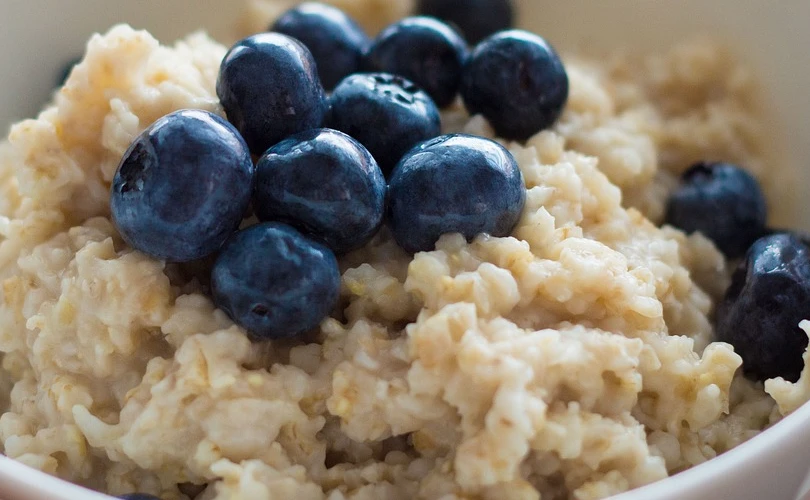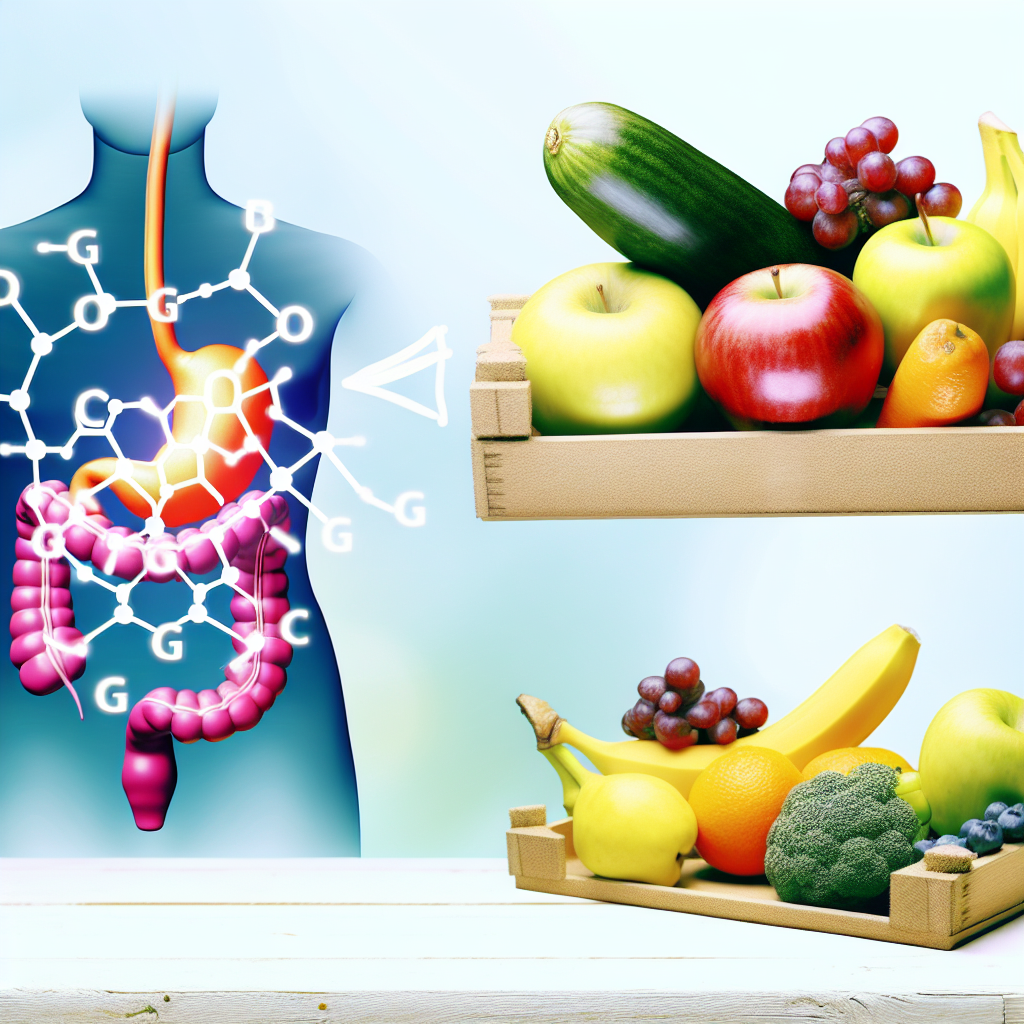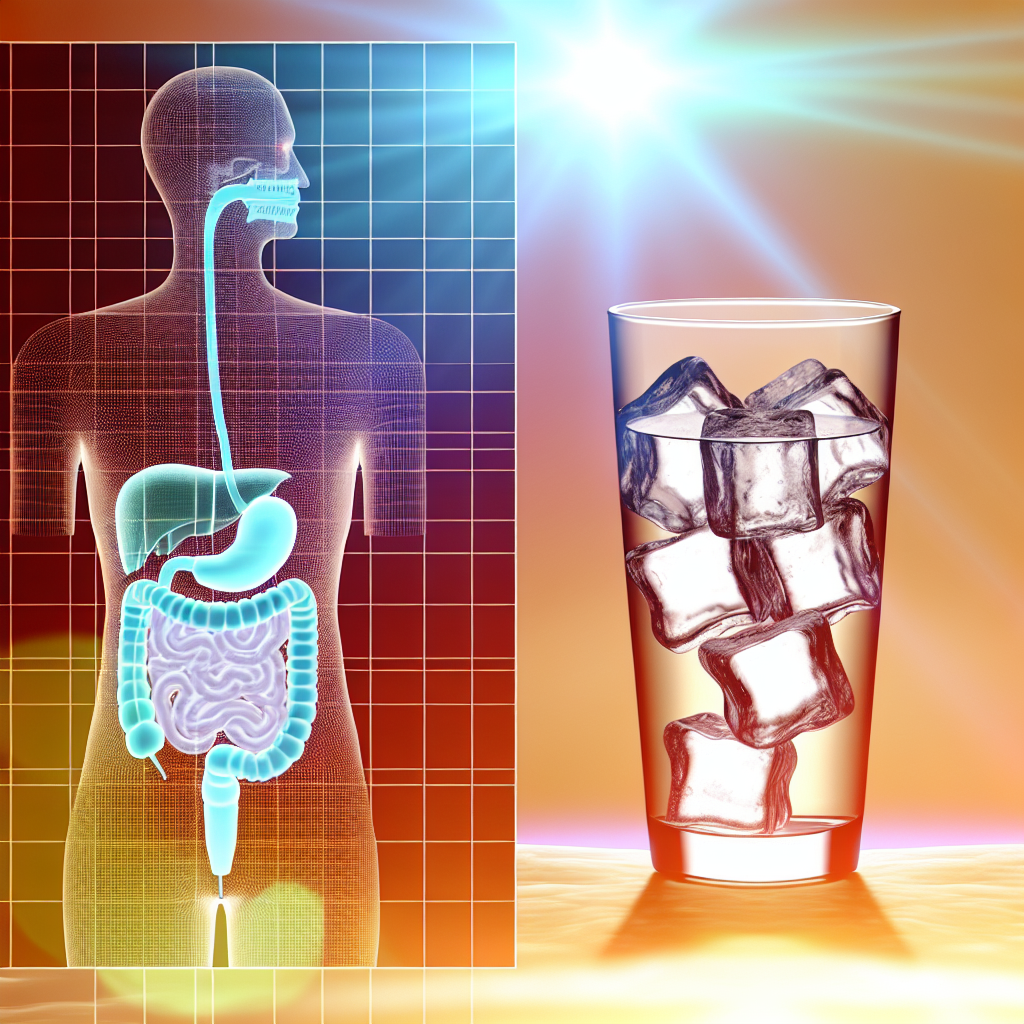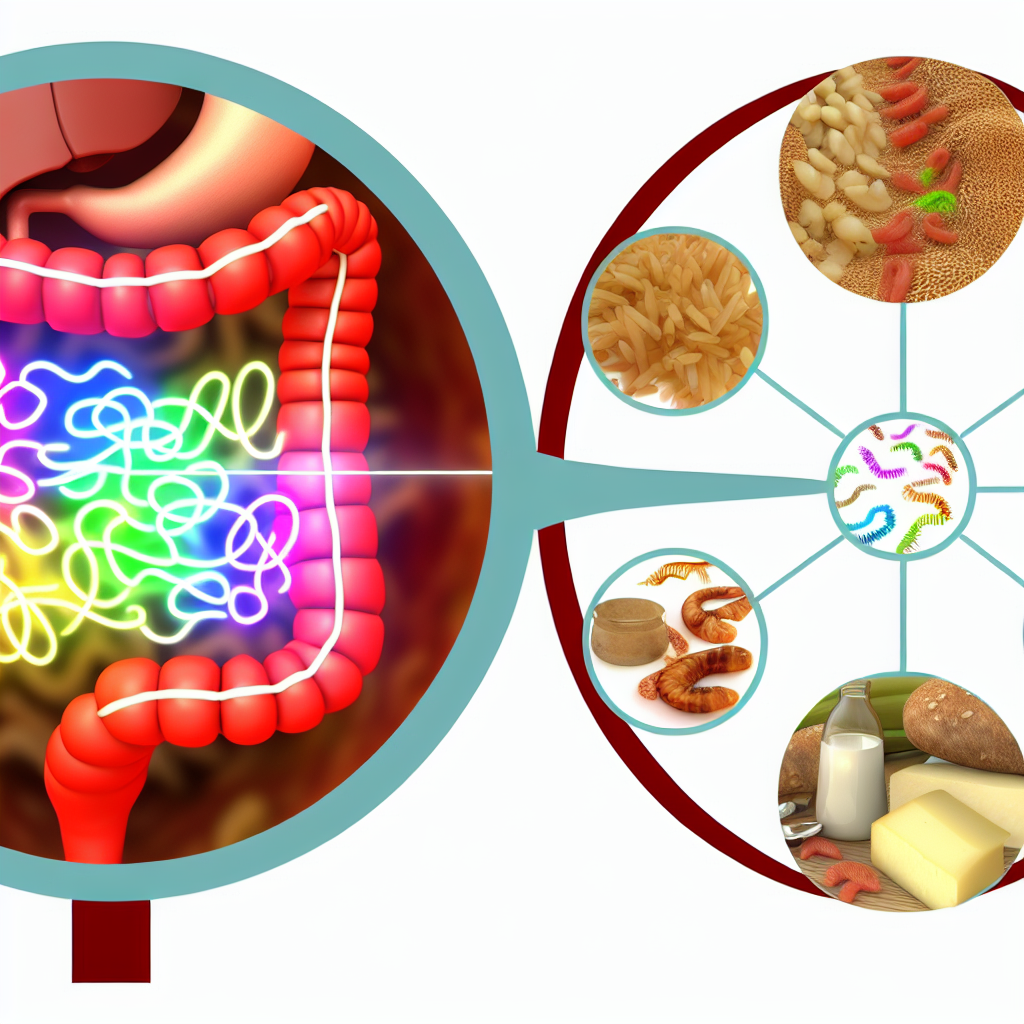An optimal diet for peptic ulcers is characterized by low acidity and high digestibility. Avoiding meals and beverages that might provoke your symptoms, such as spicy foods, high-fat foods, acidic foods, coffee, and alcohol, is equally crucial.
Beneficial Meal Plan
Below are some guidelines for formulating a dietary regimen that is beneficial for those with peptic ulcers:
Consume regular, frequent meals in little portions throughout the day. This will aid in decreasing the level of acidity in your stomach.
Refrain from consuming food near the time you go to sleep. This can result in the regurgitation of stomach acid into the esophagus, resulting in heartburn and acid reflux.
Avoid acidic foods like citrus fruits, tomatoes, and spicy dishes.
Refrain from consuming foods with high-fat content, such as fried dishes and fatty meats.
Refrain from consuming coffee and alcohol.
Consume a generous amount of fruits and vegetables. Fruits and vegetables have low acidity and high fiber content, which might protect the stomach lining.
Ensure adequate hydration by consuming a sufficient amount of water. Maintaining enough hydration is crucial for general well-being and can also aid in diminishing gastric acidity.
Below are a few instances of nourishment and beverages that are beneficial for those afflicted with gastric ulcers:
Fruit varieties include apples, bananas, melons, pears, and berries.
Assortment of vegetables: broccoli, carrots, celery, cucumbers, leafy greens, potatoes, sweet potatoes
Grains: whole-wheat bread, brown rice, and oatmeal
Protein sources include chicken, fish, tofu, beans, and eggs.
Dairy products include low-fat milk, yogurt, and cheese.
Beverages: water, herbal tea
Refrain from following the Keto Diet if you have Peptic Ulcers.
The ketogenic diet is a dietary approach characterized by a high intake of fats and a low intake of carbohydrates, which has gained significant popularity in recent times. Frequently employed for weight reduction, it has demonstrated numerous advantageous effects on health, including enhanced blood sugar regulation and less inflammation.
Keto Diet
Nevertheless, there is apprehension over the compatibility of the keto diet with those suffering from peptic ulcers. Peptic ulcers are erosions that form in the mucous membrane of the stomach or duodenum. Gastric ulcers disrupt the equilibrium between gastric acid and the defensive mucus that coats the stomach and duodenum.
The ketogenic diet can induce several alterations in the gastrointestinal tract, such as:
Elevated gastric acid secretion
Reduced mucus secretion
Gastroparesis
These modifications can exacerbate peptic ulcers or increase the likelihood of their occurrence.
Furthermore, individuals with peptic ulcers may encounter challenges in adhering to the keto diet. The diet is rich in fat, which might pose digestion difficulties and result in nausea and vomiting symptoms. The diet’s lack of fiber might result in constipation.
Before embarking on the keto diet, it is imperative to consult with your physician. They may assist in assessing your diet’s safety and offer guidance on adhering to the diet while effectively controlling your peptic ulcers.
If you are afflicted with peptic ulcers, you must see your doctor about the optimal dietary regimen. They can assist you in developing a customized strategy that addresses your specific requirements and aids in the management of your symptoms.

Dominic E. is a passionate filmmaker navigating the exciting intersection of art and science. By day, he delves into the complexities of the human body as a full-time medical writer, meticulously translating intricate medical concepts into accessible and engaging narratives. By night, he explores the boundless realm of cinematic storytelling, crafting narratives that evoke emotion and challenge perspectives.
Film Student and Full-time Medical Writer for ContentVendor.com




